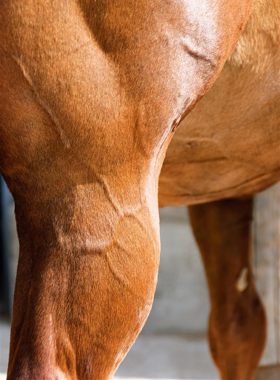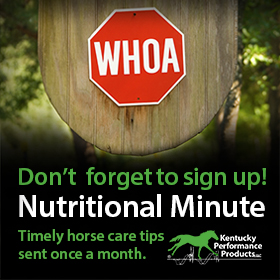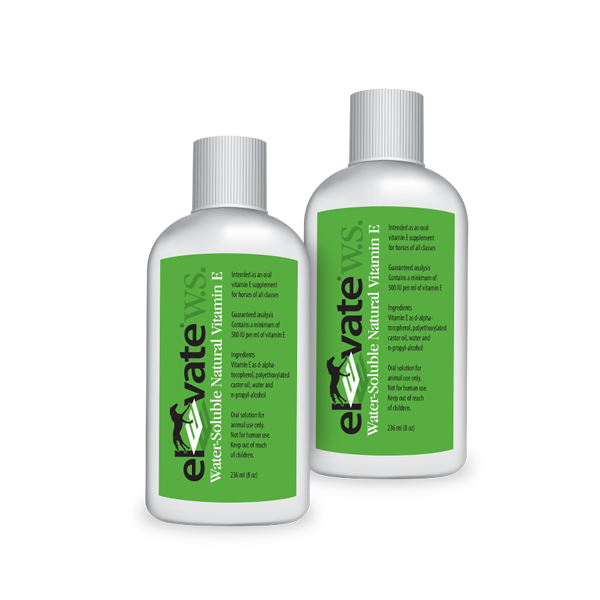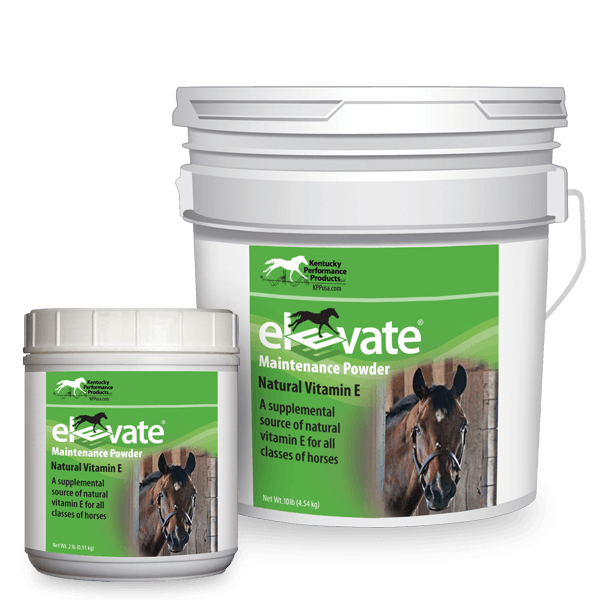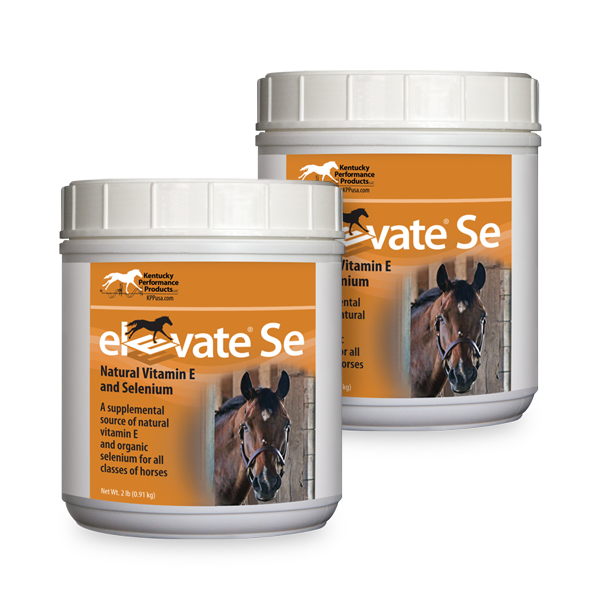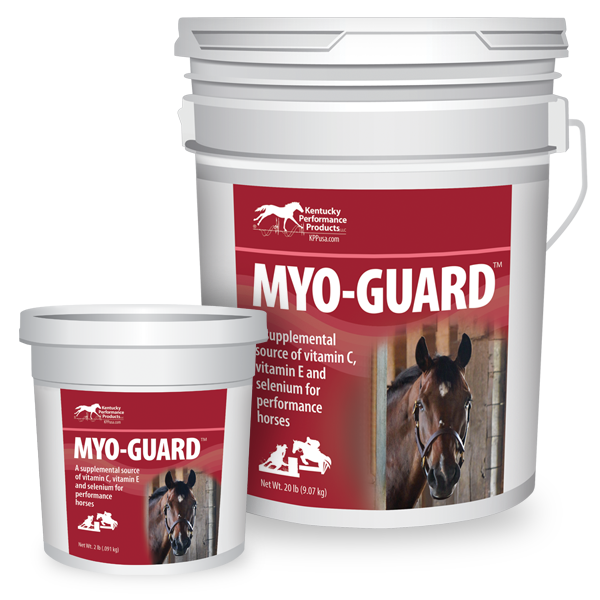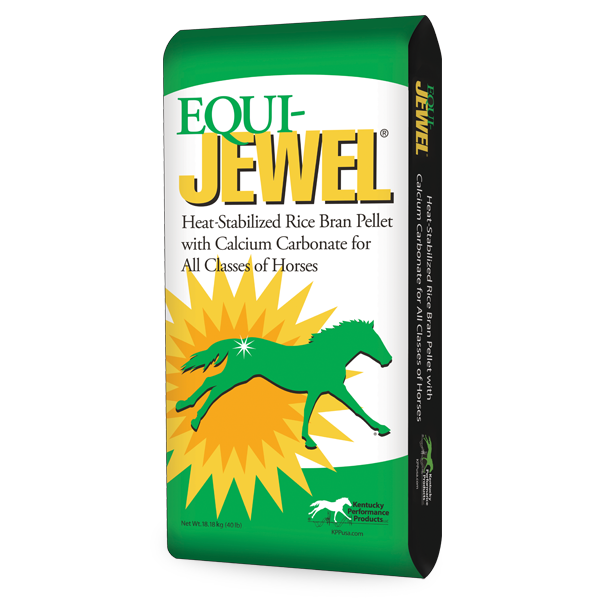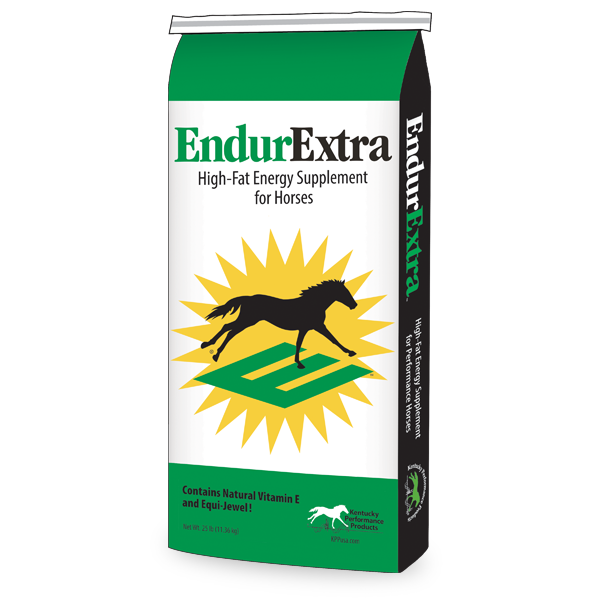Properly nourished muscles perform better and recover faster.
Provide the nutrients that support healthy muscle activity
What your horse eats affects how his/her muscles meet the demands of training and competition. Years of research have shown that including certain feedstuffs like fresh green grass, high-fat supplements, and antioxidants in the diets of active horses supports healthy muscles.
Burning fat for fuel lowers lactic acid levels
As muscles work they burn fuel and produce lactic acid. When too much lactic acid builds up, muscles become fatigued and sore. Fat, when used as an energy source (as compared to starches and protein), contributes to a decrease in lactic acid buildup in the muscle. Horses conditioned to use fat as energy have more stamina and recover faster after exercise.
Antioxidants support strong cell membranes
Antioxidants like natural vitamin E, vitamin C, and selenium also play an active role in muscle function. The harder muscles work, the more oxidative stress they are exposed to. Antioxidants scavenge the free radicals that cause oxidative stress and help reduce damage. It is easy for the horse’s system to become overwhelmed if antioxidant levels are inadequate. Supplementing with antioxidants ensures that your horse has the antioxidant reserves it needs to perform at an optimal level. Muscle disorders such as tying-up, also known as recurrent exertional rhabdomyolysis (RER), equine polysaccharide storage myopathy (EPSM), equine motor neuron disease (EMND), and those related to metabolic syndrome can be managed with careful feeding and exercise regimens. For more information on supplements that support special-needs horses, click here.
Horses and ponies that benefit from supplements that maintain muscle health:
- Competition horses
- Horses in intense training
- Horses with limited access to grazing on fresh grass
- Youngsters just starting out
- Senior horses
- Horses struggling with muscle disorders or metabolic syndrome

